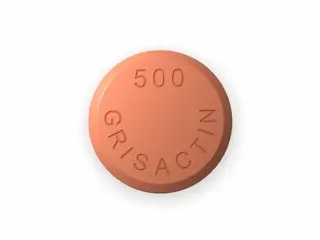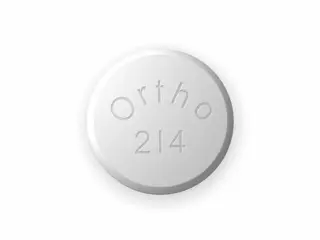Antifungal
Effective antifungal treatments for fast relief from infections. Shop high-quality creams, sprays, and oral medications to restore healthy skin and nails. Trusted brands at affordable prices for your care needs.
Antifungal medications are essential for treating fungal infections. These infections can affect skin, nails, mouth, and internal organs. The common antifungal drugs include Diflucan, Grifulvin, Grifulvin V, Grisactin, Lamisil, Lotrisone, Nizoral, and Sporanox. Each has its specific uses, strengths, and modes of action.
Diflucan (Fluconazole) is widely used for yeast infections such as candidiasis. It works by stopping the growth of fungi. It is taken orally and is effective for infections in the mouth, throat, esophagus, lungs, bladder, genital area, and blood. Patients often choose Diflucan for its simple dosage and good absorption. It has few side effects, but some may experience headaches or nausea.
Grifulvin and Grifulvin V contain griseofulvin. These are mainly used for fungal infections of the skin, hair, and nails. Griseofulvin binds to fungal cells and stops their growth. These pills must be taken for a longer time, sometimes weeks to months. They are especially effective against ringworm and athlete’s foot. Some patients report mild side effects like dizziness or stomach upset.
Grisactin is another griseofulvin-based medication. It has similar uses and effects. Many healthcare providers prescribe Grisactin for persistent skin and nail infections. It is known for steady release properties, which can mean fewer doses per day. Like other griseofulvin products, it requires strict adherence to the duration for best results.
Lamisil (Terbinafine) is popular for treating nail infections and athlete’s foot. It works by killing fungi, unlike griseofulvin which stops growth. Lamisil is available in tablets and topical form. Oral tablets are usually prescribed for stubborn nail infections. They have a higher cure rate but may cause side effects like taste changes, stomach pain, or rash.
Lotrisone is a combination of a corticosteroid and antifungal agent. It contains clotrimazole and betamethasone. This makes it effective against fungal infections with inflammation and itching. Lotrisone cream is used mostly on the skin for athlete’s foot, jock itch, and ringworm. Its steroid component helps reduce redness and swelling quickly, but it should not be used long term due to potential side effects.
Nizoral contains ketoconazole. It is available both as an oral tablet and a topical cream or shampoo. Ketoconazole is effective against a broad range of fungal infections. The cream and shampoo forms are commonly used for dandruff and seborrheic dermatitis. Oral ketoconazole is less commonly prescribed today due to potential liver toxicity but is still effective in certain severe infections.
Sporanox (Itraconazole) works by preventing fungi from making cell membranes. It is used to treat fungal infections of nails, skin, and internal organs. Sporanox has a wide antifungal spectrum and is favored for its quick action. Pills are usually taken for several weeks to ensure full recovery. Patients should avoid using it with some heart medications due to interactions.
When choosing an antifungal medication, factors like infection type, location, severity, and patient health are important. Diflucan suits systemic and mucosal fungal infections well. Griseofulvin works best for superficial skin and nail infections but needs longer treatment. Lamisil and Sporanox are preferred for nail fungal infections due to their fungicidal effects. Lotrisone is ideal for fungal infections with inflammation symptoms. Nizoral is useful for scalp and skin fungal conditions and dandruff.
Side effects vary among these drugs. Common issues include gastrointestinal discomfort, headaches, allergic reactions, and skin irritation. Liver monitoring may be advised for oral treatments like Sporanox and Nizoral due to potential toxicity. Always consult a healthcare professional before starting any antifungal therapy. Proper diagnosis and correct drug choice improve treatment success.
Overall, antifungal pills such as Diflucan, Grifulvin, Grifulvin V, Grisactin, Lamisil, Lotrisone, Nizoral, and Sporanox provide effective options. They cover a wide range of fungal infections from mild skin irritations to serious systemic diseases. Selecting the right antifungal medication depends on the infection type, patient condition, and potential side effects. These medications, combined with good hygiene and care, help clear fungal infections safely and completely.







